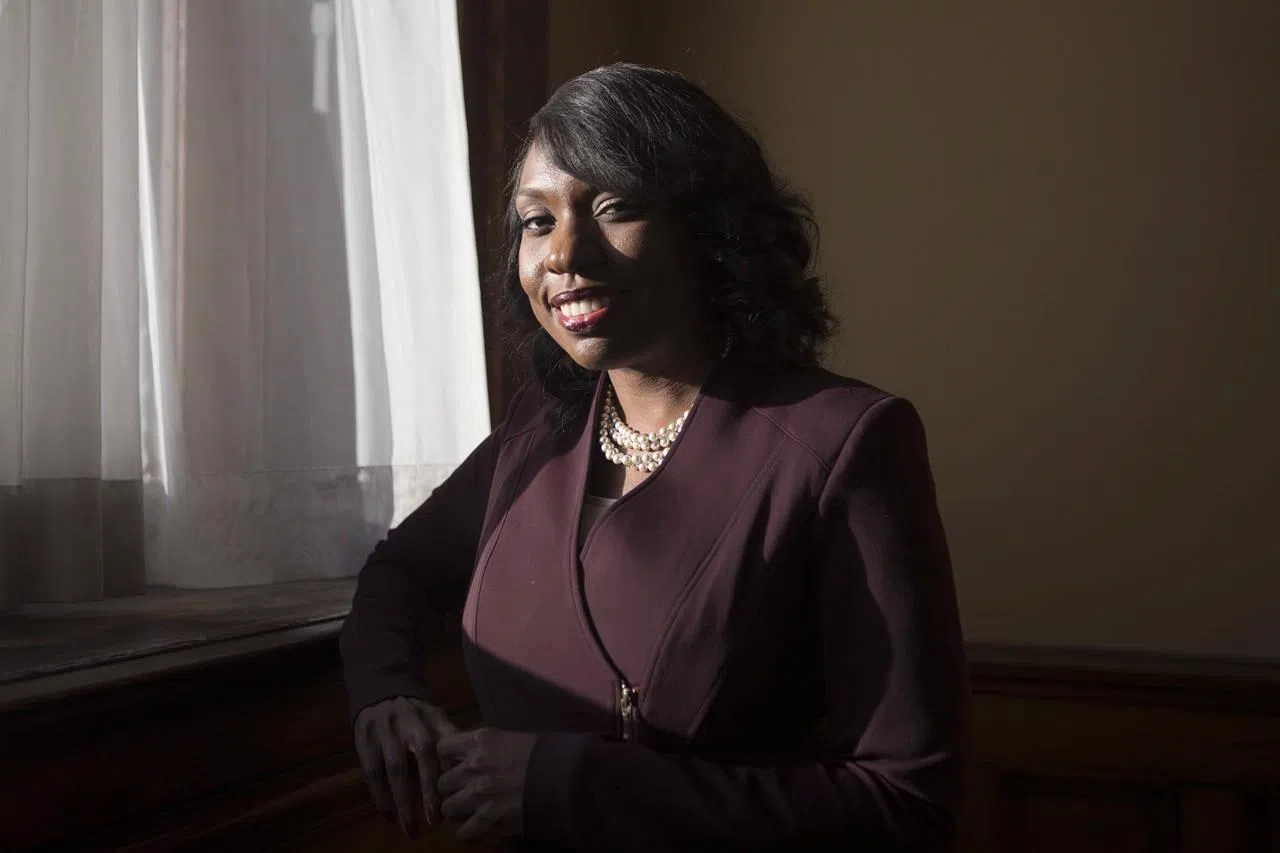
Ontario surveys university and college students on sexual violence
TORONTO — Students at post-secondary institutions across Ontario are taking part in a survey on sexual violence as part of the province’s efforts to combat sexual assault and harassment on campus.
The online survey is made up of over 50 questions that gauge respondents’ perceptions of consent and rape myths, their experiences with sexual violence, and how well they think their school responds to reports of sexual violence.
Ontario’s minister of advanced education and skills development said the province commissioned the survey to improve how the issue is dealt with.
“Research shows that sexual violence is consistently under-reported and really lacks consistent data,” Mitzie Hunter said in an interview.

